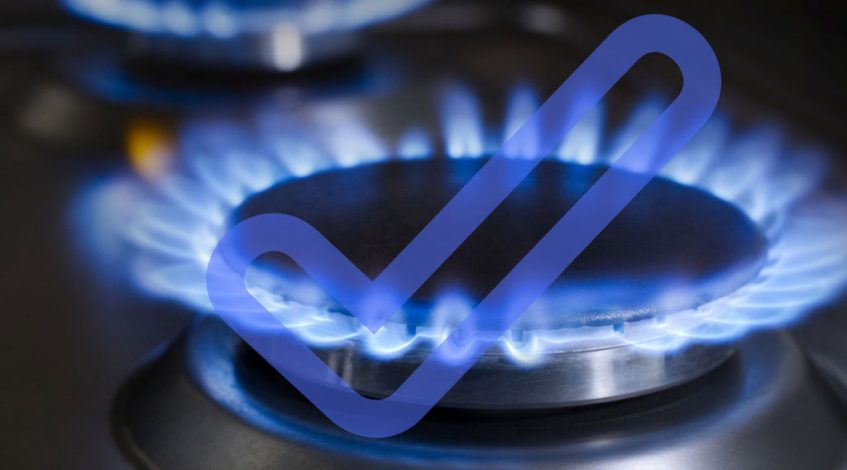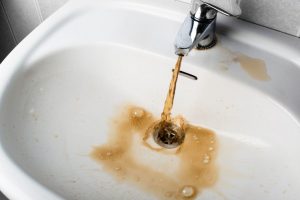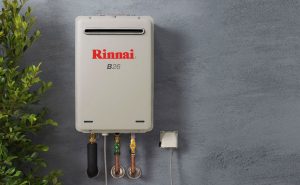Having gas installations in your workplace or home is not enough – you also need to ensure they comply with the standards and legislation of your state. It is when you have met all of these conditions that you can be awarded a gas compliance certificate – a prerequisite for all gas works. The size or power capabilities of your gas work do not exempt you from getting a certificate of compliance – you simply need one once you are connected to a gas network. But what is a gas compliance certificate exactly? And why (and how) do you get the one you need?
In this piece, we will be introducing you to the basics about the Gas Compliance Certificate, especially to determine if you need one and where to get it. Now, let’s get to business:
Is it compulsory to have a gas compliance certificate?
If you have at least one gas installation linked to a gas network, the answer is “yes, it is”. Getting a certificate of compliance means you have satisfied all the requirements and passed all testing of the gas system or appliance, according to the standards and regulations required. Such testing must be done by a licensed gas fitting professional to ensure that there is no defect or fault in your system.
Gas fitting regulations are updated over time, so a dated certificate is essential to prove your home complies. In fact there have been recent updates for Melbourne gas fitters who must soon comply with the new requirements of AS/NZS 5601.1:2022 Gas Installations from the 30 of March 2023.
To make sure that you are working with a licensed gas fitting professional, feel free to ask for their license, or better still, check them out at the following links:
- Queensland Gas Compliance Certificates – https://www.business.qld.gov.au
- NSW Gas Compliance Certificates – https://www.fairtrading.nsw.gov.au
- Victoria Gas Compliance Certificates – https://www.vba.vic.gov.au
- Tasmania Gas Compliance Certificates – https://ablis.business.gov.au
- South Australia Gas Compliance Certificates – https://www.sa.gov.au
- Western Australia Gas Compliance Certificates – https://www.commerce.wa.gov.au
- Northern Territory Gas Compliance Certificates – http://www.worksafe.nt.gov.au
How do you get a gas certificate of compliance?
Now we’ve answered what is a gas certificate of compliance, let’s consider how you go about getting the one you need. You will only be issued a gas compliance certificate after a qualified and licensed fitting professional has conducted all the necessary works and checks on your gas work without detecting any defect or default. After the first round of checks, the gas fitting professional will return within five business days to re-check and confirm that there are no defects. Once they find the setup satisfactory after the second check, you will be issued a certificate of compliance.
Why gas compliance certificates?
There is plenty of logic behind the need for gas compliance certificates, but let’s consider the important ones below:
- Safety – Having a gas compliance certificate means all your gas systems are safe and secure
- Future problems – With a gas compliance certificate, the gas fitting professional or expert will always be responsible for fixing any future issue with your gas installations.
- Home insurance – Any non compliance with gas installation standards could void your home insurance claims should something go wrong
How frequently should gas installations be checked?
While this is not compulsory, it is advisable that you check all your gas systems and appliances every three to five years. This is the best way to guarantee you and your family’s safety. You will require the help of a professional gas fitter to guide you through each test and fix any problem that may arise. Regular testing will help you to identify and fix problems quickly, thus saving you money and minimising the stress that comes with fixing big problems.
If you have any problems with instant gas hot water systems, gas cooktops or you can smell gas, it
Gas certificates of inspection vs. gas compliance certificates
Contrary to popular belief, these two certifications are not the same. You need a gas compliance certificate if your appliance or system is linked to a gas network, while a gas certificate of inspection is what you need if your installation is not linked to a gas network.
To make this clearer, homeowners that use gas bottles, which are usually refilled on-site or exchanged, doesn’t require a gas compliance certificate. Instead, they need a certificate of inspection. Alternatively, homeowners whose homes are linked to a mains natural gas supply will require a gas certificate of compliance from a licensed gas fitter. A certificate of inspection usually comes with a compliance plate, so ensure you ask them about it while your gas fitter is on the job.
What’s next after receiving a completed gas certificate of compliance?
You are almost done! Keep your completed certificate in a safe spot – it might come handy for your manufacturer’s warranty or insurance claims. Don’t forget that your gas fitter will also submit a copy of this certificate to your state council and the network provider involved while holding their copy for five years.
You’re up to date with gas compliance – we hope you now feel better informed. Do you have any questions on gas compliance, certificate of inspection, or similar gas fitting topics? Feel free to use the comments section below; we will help you as much as we can.







